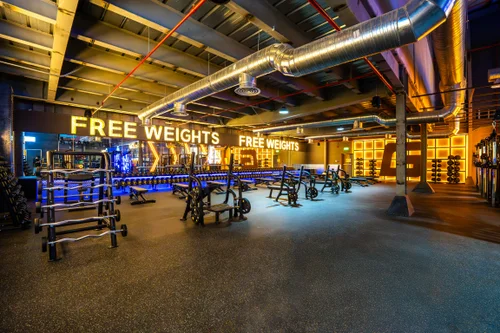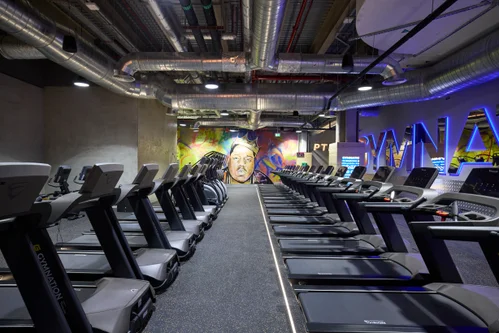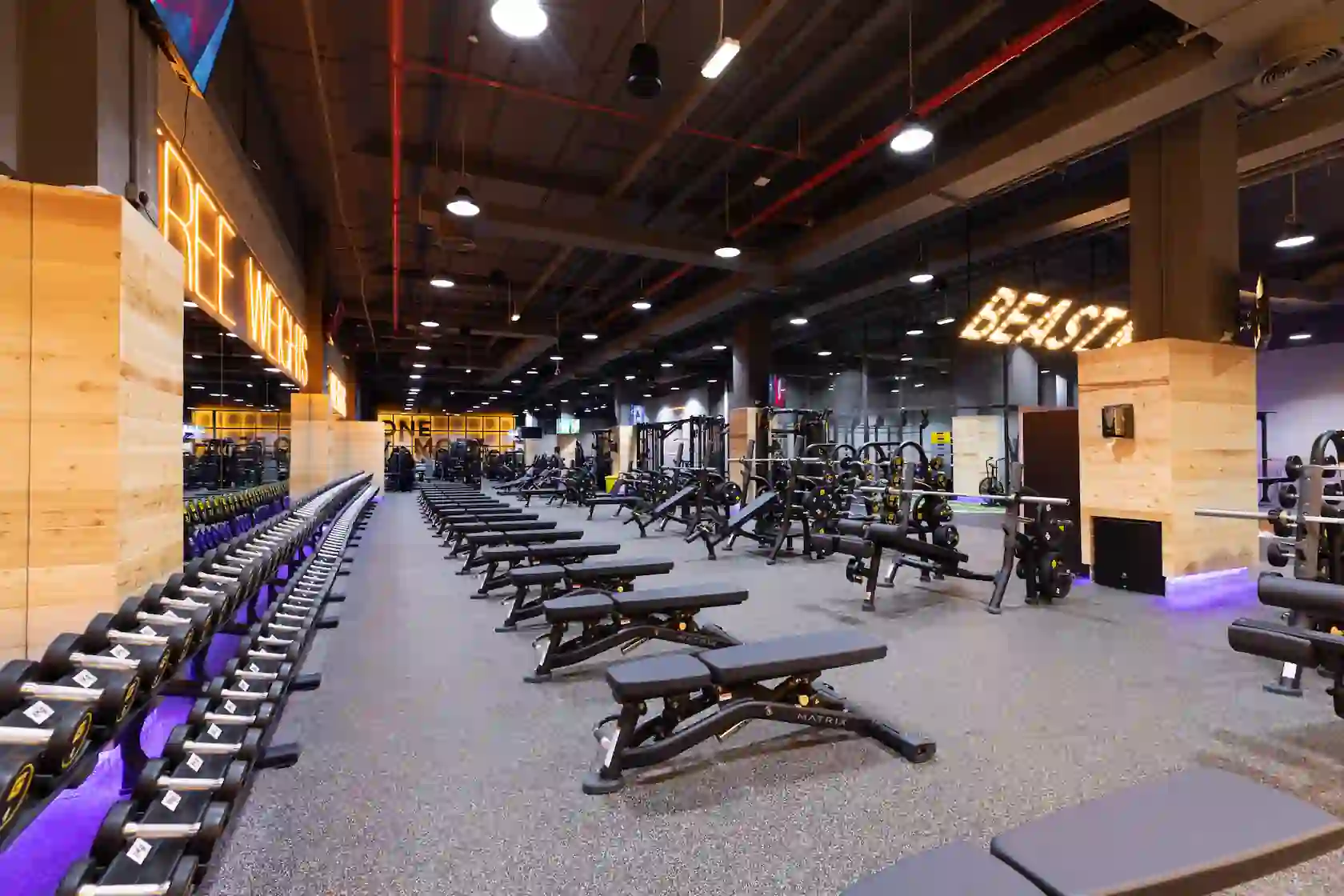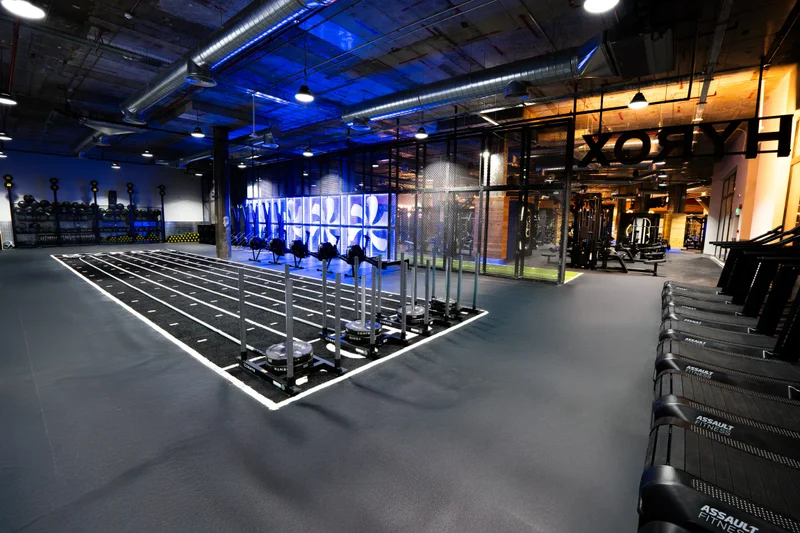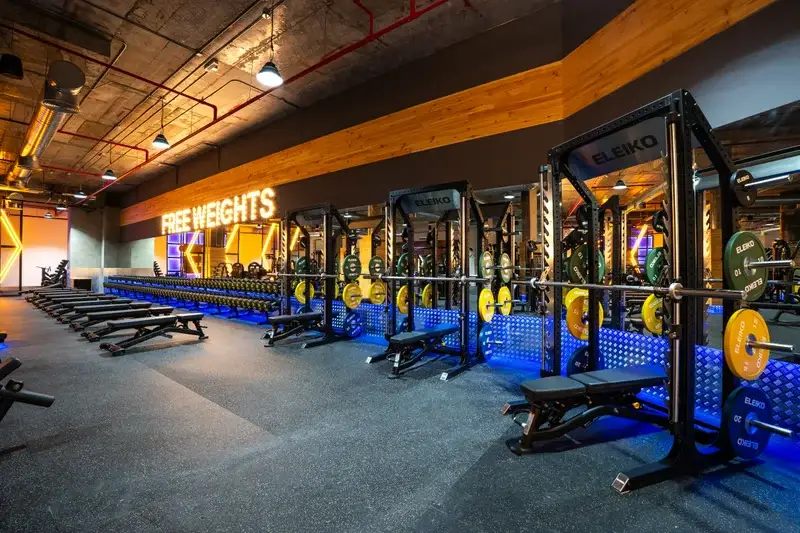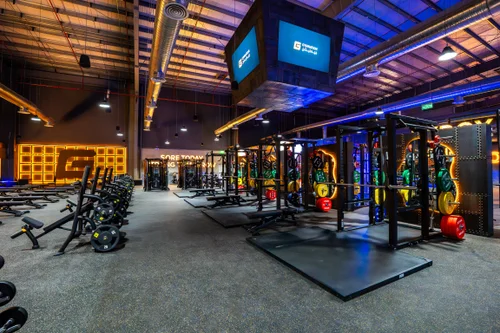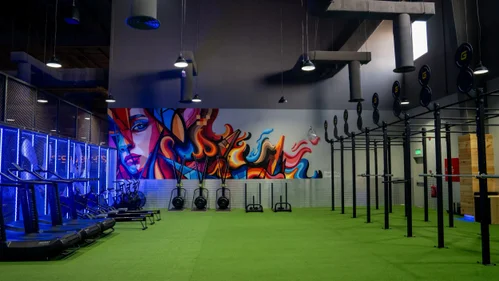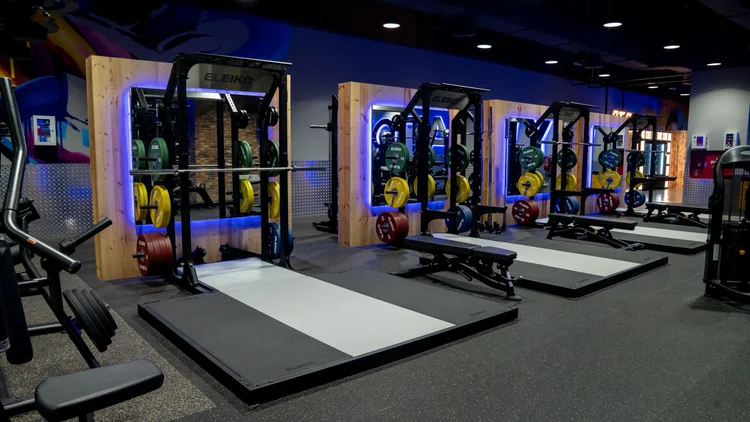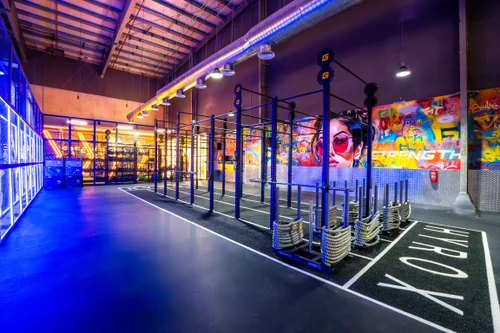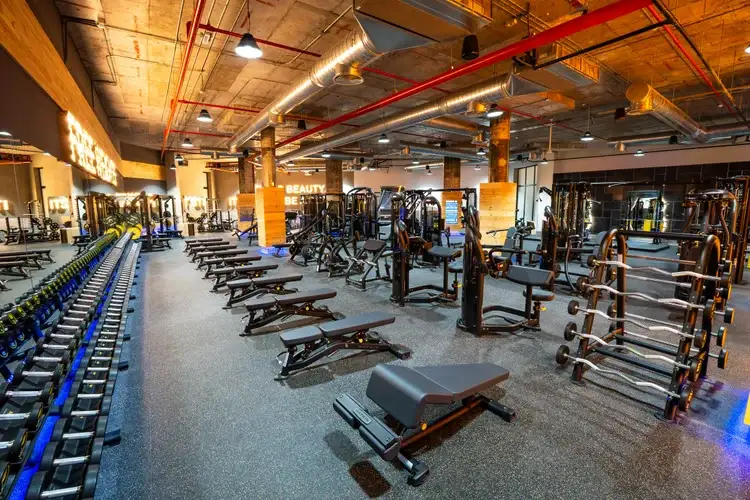How to Train Your Brain for a Fitness Mindset

SIGN UP FOR YOUR FREE DAY PASS TODAY!
Do you find exercise more of a chore than a rewarding activity? You're not alone.
Research from Florida International University (FIU) sheds light on why physical discomfort often feels like a roadblock to staying active.
The study concludes that developing mental resilience is key to enjoying and enduring physical activity. With the right mindset, you can turn exercise from a dreaded task into an empowering habit.
This blog explores how you can train your brain to handle discomfort, boost motivation, and see fitness in a whole new light.
Why Discomfort is All in Your Head
When it comes to tough workouts, many people think, "I'm just not built for this." That belief, however, can be rewired.
According to Marcelo Bigliassi, a neuroscientist at FIU, the feeling of "not being that kind of person" is more psychological than physical.
His research suggests that we can train our brains to tolerate discomfort and push through challenges by exposing ourselves to controlled amounts of physical stress.
The Science Behind Perception and Pain
Bigliassi's study explored how brief but intense activities, like submerging a hand in ice water for a few minutes, can increase tolerance for discomfort.
By managing this controlled stress, participants' brains developed new benchmarks for what they could handle.
When faced with future challenges, like cycling sprints, test participants felt more capable. Over time, these experiences "reprogram" the brain to see discomfort as manageable rather than overwhelming.
Training Your Brain, Step by Step
Building mental resilience doesn’t mean subjecting yourself to extreme pain or discomfort. The idea is to work within your current limits and expand them gradually. Here's how to start:
1. Start Small
Build your stress tolerance by beginning with manageable challenges. For instance:
Take a brisk walk instead of completing an intense workout.
Try light stretching exercises before moving on to more challenging yoga poses.
Start with shorter workout sessions and increase duration over time.
These small steps will push your boundaries without overwhelming you.
2. Expose Yourself to Controlled Stress
Controlled stressors, like cold showers or short bursts of intense movement, help train your brain to cope. For example:
A 30-second cold shower at the end of a warm bath can act as a gentle introduction to discomfort.
Experiment with short cycling sprints to expand your physical and mental limits.
These controlled exposures recalibrate your brain’s response to future challenges.
3. Monitor Your Progress
Keep track of how you feel after each challenge. Did you notice an increase in endurance or confidence? Celebrate minor improvements, as these are signs your brain is adapting to discomfort.
4. Adjust the Difficulty
Tailor challenges to your current abilities. The key is to stretch your limits bit by bit. For instance:
If a steep hike feels intimidating, start with a flat terrain walk.
If an intense dance class feels out of reach, ease into it by learning the routine in pieces.
5. Focus on Emotional Regulation
FIU's research also reveals that stress tolerance strengthens emotional regulation. This means less self-doubt and discouragement during workouts.
Practices such as mindfulness meditation or controlled breathing can complement physical training by helping regulate your emotions.
The Brain-Body Connection
Your brain plays a crucial role in determining how much effort you think you can handle.
When you train your brain with challenges, it starts perceiving stress as an opportunity instead of a threat.
This rewiring enables you to build a deeper sense of confidence, endurance, and enjoyment in your fitness routine.
Bigliassi advises against striving for extreme hardship. Gentle, incremental progress is far more effective at reshaping your relationship with physical discomfort.
Step outside your comfort zone in a manageable way, and over time, you'll notice significant mental and physical growth.
A New Perspective on Exercise
Exercise isn’t just about building physical strength; it’s about training your brain to rise to challenges and overcome barriers.
Integrating small, intentional stressors into your routine can dramatically improve how you approach fitness.
Remember, the goal isn’t to push to breaking point. Instead, aim to redefine your limits, one small victory at a time. The payoff? A healthier body, a confident mind, and a fitness routine you’ll actually enjoy.
Source: timesofindia
The opinions shared in the GymNation blog articles are solely those of the respective authors and may not represent the perspectives of GymNation or any member of the GymNation team.
GET YOUR FREE TRIAL TODAY
























